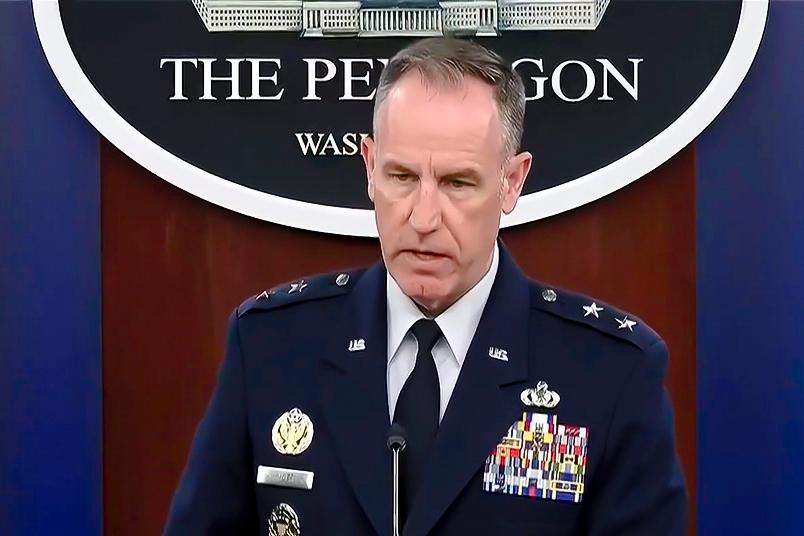A Pentagon spokesperson said on Sept. 23 that the United States is sending more troops to the Middle East as the conflict between Israel and the Hezbollah terrorist group in Lebanon escalates.
Citing “increased tensions“ in the region, Department of Defense press secretary Maj. Gen. Pat Ryder said that ”out of an abundance of caution,“ a ”small number” of additional troops would be sent, although he declined to say exactly how many, where they would be stationed, and what they would be tasked with.





